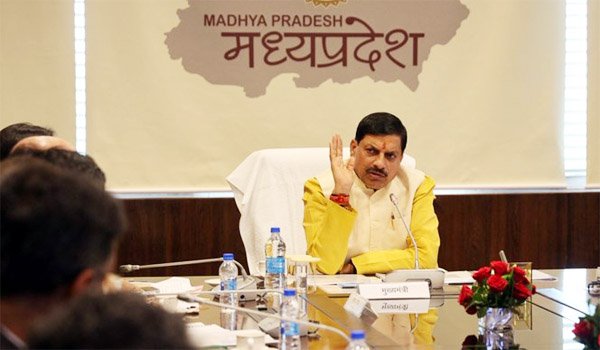New Delhi, April 23 (UNI) Chief of Army Staff General Manoj Pande on Tuesday said that the Indian army is aiming to increase the ratio of the latest weapon systems in its inventory by 2030 and reduce the share of the vintage systems.
General Pande, while addressing AIMA’s National Leadership Conclave said, “Immediate replacement of the vintage systems is neither feasible nor desirable, and we will space out upgrades.”
He pointed out that today Indian army’s ammunition inventory has 175 variants, of which 134 are made by DRDO and public Sector defence companies, and private companies are being onboarded.
Gen Pande said the Indian army is moving from being a buyer of weapons to becoming a partner of Indian industry in development and production.
The concept of national champions has been adopted to build suppliers with national and global scale, the Army Chief added.
The payoff from the indigenization strategy are visible,” he said, stressing that India’s defence exports in the 2023-24 reached Rs 21,000 crore, an increase of 30 times over the past five years, and a lot of those exports came from the private sector.
In addition to promoting self-reliance in weapon production, Indian forces are running 120 projects to indigenise development of 45 niche technologies to make Indian forces future ready, according to General Pande.
“We need to speed up the adoption of commercially available technologies,” he further said.
Indian Army is observing 2024 as the year of technology absorption with emphasis on indigenously sourcing all that is necessary to fight – not just weapons but also ammunition, spares and maintenance needs, he said.
General Pande stressed that India needs to increase its hard power to support the growth of its economy. Adding that in the current geostrategic landscape, countries are not hesitating to go to war.
“One cannot outsource security,” he said referring to the supply disruption during covid and Russia-Ukraine war.
The Army Chief highlighted that the countries that have the latest weapons and technologies will never share those and an importing country will always be a generation behind in war capabilities.











